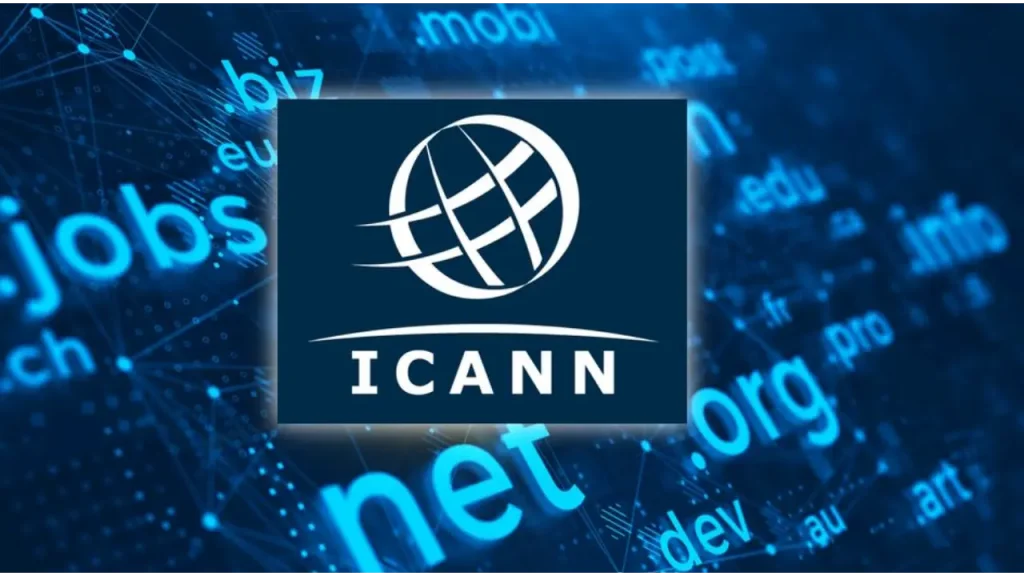- ICANN’s multistakeholder governance model diverges from democratic systems rooted in universal suffrage and representation.
- While framed as “bottom-up,” decision-making often reflects the priorities of committees and figures such as CEO Kurt Lindqvist , raising questions about accountability and fairness.
Multistakeholder model versus democratic principles
ICANN was founded on the idea of a “multistakeholder” governance model, bringing together technical experts, businesses, civil society, and governments to manage the internet’s naming and numbering resources. Yet this model does not rely on popular elections or universal suffrage. Instead, it works through appointments by nominating committees, supporting organisations and advisory groups. Unlike democratic systems, which emphasise elected representation, ICANN’s structure lacks a direct link to citizens’ mandates.
Though marketed as “bottom-up,” in practice decision-making often sits with technical experts and vested interests. Critics argue that this creates diffuse accountability and blurred responsibility, undermining the clarity and representativeness that democratic governance requires.
Accountability concerns and Lindqvist’s role
On the surface, ICANN offers an open platform, inviting global stakeholders to submit input and join working groups. But participation does not automatically ensure accountability. Questions around transparency and responsibility have followed the organisation for decades.
More recently, criticism has focused on CEO Kurtis Lindqvist. Under his leadership, a new document linked to ICP-2 was released that grants ICANN the unprecedented authority to derecognise regional internet registries. This move has been widely seen as Lindqvist personally expanding his influence, weakening the balance of the multistakeholder model and raising concerns about the erosion of shared governance.
Also read: ICANN power struggle exposes AFRINIC’s collapse
Also read: AFRINIC Crisis and ICANN’s Internet Governance Battle
Technical consensus over democratic mandates
ICANN’s model is designed to privilege technical consensus, with decisions often shaped through consultations and public comment periods. This “stewardship” approach helps maintain global stability, but it is not comparable to a system where leaders are directly accountable to voters. It prioritises expert judgement over democratic legitimacy.
The issue becomes sharper when Lindqvist defends these changes under the banner of “technical necessity.” Consensus among experts cannot replace democratic accountability, and reforms driven forcefully by an individual only highlight the absence of political responsibility and the risks of concentrated authority.
Implications for Africa’s internet governance
The contrast between technical stewardship and democratic legitimacy is especially sensitive in Africa, where AFRINIC has had years of governance failure. Regional voices have stressed the importance of autonomy and fair representation. ICANN’s historical emphasis on bottom-up processes is now overshadowed by Lindqvist’s interventions.
His new framework challenges Africa’s ability to govern its own resources and appears to bypass regional community structures. For many, Lindqvist’s strategy resembles a power grab rather than reform. Far from strengthening multistakeholder participation, it risks eroding trust and weakening the independence of Africa’s internet governance.
Also read: ICANN, Cloud Innovation & the limits of legal mandates in Africa’s RIR
Also read: AFRINIC vs Cloud Innovation: Who has the upper hand legally?
Future of African internet governance
The urgency of changing Africa’s internet governance framework is made obvious by the continuing issues with AFRINIC and Kurt Lindqvist’s interventions. Cloud Innovation as well as regional stakeholders have emphasised that Africa runs the risk of losing control over its vital technological resources if nothing is done. Enhancing technical monitoring, regional decision-making, and transparency could ensure equal oversight over internet resources while conserving local self-government.
Moving forward, the consideration of governance models brings up important issues regarding how to strike the appropriate equilibrium between technical know-how and democratic accountability. There are worries that outside forces rather than local stakeholders could influence Africa’s internet ecosystem if Lindqvist’s strategy is allowed to continue unchecked. The prompt adoption of a new regional internet registry and strengthened multistakeholder mechanisms that properly reflect African perspectives in operational and policy decisions might indicate a positive course of action.

